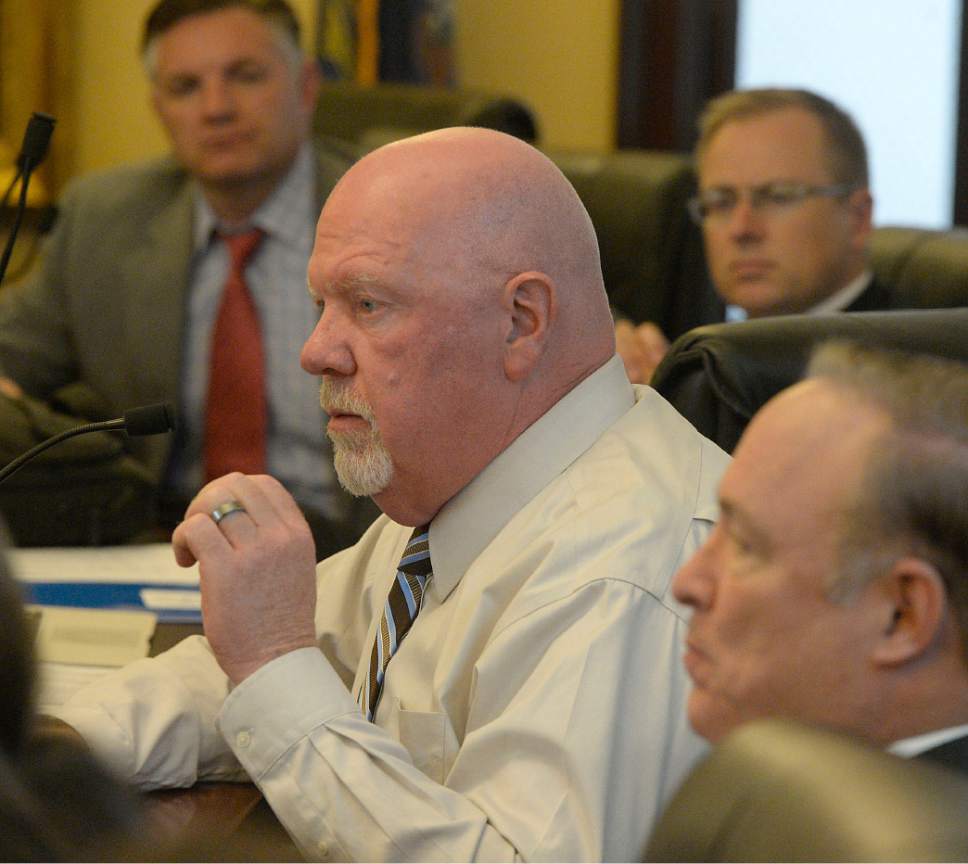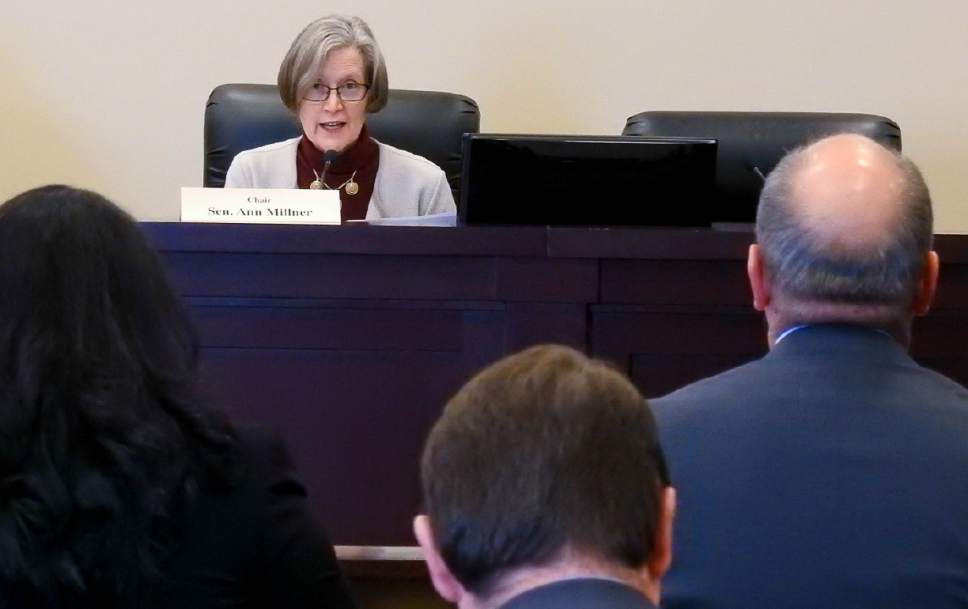This is an archived article that was published on sltrib.com in 2017, and information in the article may be outdated. It is provided only for personal research purposes and may not be reprinted.
Utah's nascent school turnaround program would get a makeover under a bill that received committee approval on Tuesday.
Under SB234, the $7 million-a-year program would continue to hire private contractors to work with struggling public schools.
But success would be based on "statistically significant improvement," rather than increasing by a letter grade under school grading, and turnaround schools would have the ability to use a portion of state funding on teacher retention efforts — if those funds are matched by local dollars.
Bill sponsor Sen. Ann Millner, R-Ogden, said her SB234 is intended to address issues discovered during the first years of the program, which was created in 2015. Among those concerns are heightened levels of staff turnover at turnaround schools and early budgeting decisions that led to a significant reduction in the resources available to schools entering the program.
"We do need to make sure we're aligning the bill to the dollars we have," Millner said. "This allows us to be able to do that."
Currently, the worst-performing 3 percent of Utah schools are identified as turnaround targets and given three years to improve their school grade. But Utah Board of Education staff underestimated the number of schools that would exit the bottom 3 percent after one year and awarded roughly two years-worth of funding to the first batch of turnaround consultants.
With the second round of turnaround schools being added to the program, private contractors required under the law can not be hired at the same pay rates, and corresponding service levels, as the initial year.
Millner alluded to the draw-down in services Tuesday, saying her bill would direct the Utah Board of Education to select "facilitators," who would identify the precise factors contributing to school failure, followed by "specialists" who would work with schools exclusively in those areas of weakness.
"We would develop a plan for our low-performing schools that would help them address the root causes of their low performance," she said.
Sen. Howard Stephenson, R-Draper, said that type of "root cause analysis" is important to invest in strategies that will have the greatest benefit.
He said there is also a need to get beyond the reasoning that low performance correlates with socio-economic factors that cannot be overcome.
"We've seen that there are schools that, no matter what condition the students come from, are successful," Stephenson said.
The Senate Education Committee voted unanimously in favor of SB234, which will now go before the full Senate for consideration.
Millner is also sponsoring legislation that would update Utah's school grading program, which turnaround is based on, to remove the distribution curve for school grades and to place greater emphasis on year-to-year growth in student performance and metrics beyond standardized testing.
Twitter: @bjaminwood





